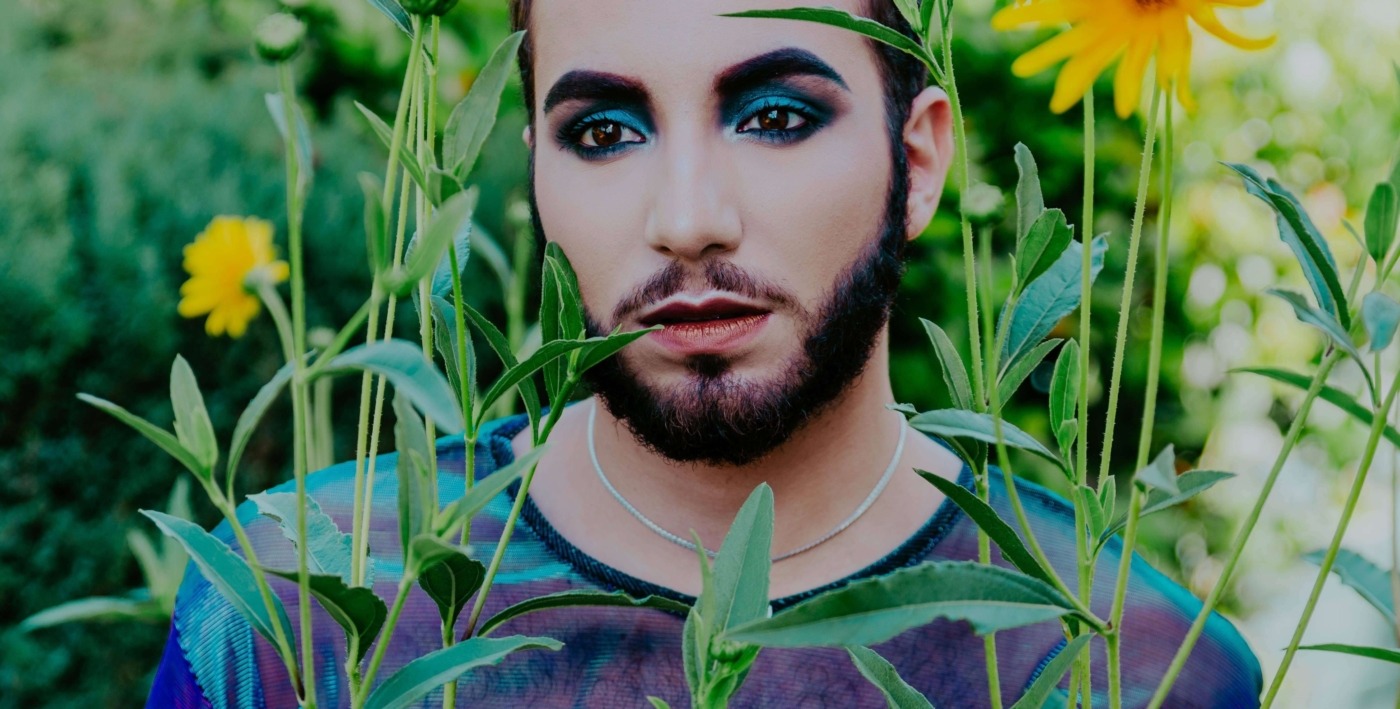The changing face of the makeup industry
“I have heard of your paintings too, well enough; God has given you one face, and you make yourselves another”. For those of you who aren’t familiar with this quote, it originates from Shakespeare’s Hamlet and refers to the way in which women distort their natural appearance through the use of makeup. But is this disapproving statement fair?
You might be acquainted with the stereotype that women ‘cake’ themselves in makeup as a device for seduction or illusion, and you may even believe that cosmetics are an exclusively-female indulgence.
Despite criticism and shaming, makeup has flourished in the 21st century – Business Insider valued the beauty industry to be worth a staggering $532 billion as of 2019. In the last 20 years, the global market for beauty products and services has grown an average of 4.5% per annum, enduring multiple periods of economic uncertainty with its unstoppable growth.
The makeup industry has made impressive strides towards gender inclusivity and gender neutrality
And it isn’t just women getting all the benefits of the boom. In recent years, the makeup industry has made impressive strides towards gender inclusivity and gender neutrality. The famous advertising campaign ‘Blur the Lines’ led by emerging brand Milk Makeup in 2016 shared an inspiring and ground-breaking message, featuring young men proud to wear makeup and an individual who described themselves as an ‘alien’. This was also the same year that social media star James Charles was named as the first ever male ambassador for CoverGirl.
Evidently, the topic of male beauty has started to become less taboo. David Yi, creator of male beauty site Very Good Light, was recently named as Marie Claire’s ‘25 People Changing the Beauty Conversation’ for his important work in dismantling the outdated concept that only women can be beautiful.
Radical and positive changes are constantly being made within the makeup industry – Rihanna’s much-loved brand Fenty Beauty was revolutionary for its inclusivity, offering a 40-shade foundation range for women and men of all skin tones. This huge step towards equality within makeup encouraged other brands to follow suit. Consumers felt empowered for the first time to openly criticize a brand if their shade ranges didn’t go far enough to cater for those who weren’t Caucasian. There was public outcry over Tarte’s limited foundation range, forcing them to release an additional 10 shades. The message is clear: mainstream beauty can no longer afford to be one-dimensional.
The array of colours, blending, patterns, and innovation all merged together on the canvas of a human face is a talent that goes beyond anything even Shakespeare himself could imagine
Makeup can change people’s lives. Pansy St Battie, a queer and disabled burlesque dancer and model, has openly described how wearing cosmetics enables them to cope with feeling a lack of control: ‘Things like makeup and glitter and sparkle make me feel like I’m still able to create art with this body.’
Essentially, makeup is a form of art. You only have to look at the Instagrams of people such as Hao Ngo (@haodoyoungo), Ioana Burlacu (@ionahq) and RJ Tulloch (@cakefacerj) to realise this. The array of colours, blending, patterns, and innovation all merged together on the canvas of a human face is a talent that goes beyond anything even Shakespeare himself could imagine.
Having said that, describing makeup as an exercise in ‘painting’ is too simplistic and narrow-minded. It diminishes the courage people have in taking cosmetics and turning them into something meaningful and expressive. Makeup can be an identity, a sense of self.
I wear makeup for myself, not for anyone else or to pursue any unrealistic standards of femininity
For me, I wear makeup for myself, not for anyone else or to pursue any unrealistic standards of femininity. I choose the times when I wear it and the terms on which I use it. At one time in my life, I found it so frustrating that wearing makeup was the only way people thought I was ‘making an effort’ with my appearance that I went completely without it in order to make a point.
Since then, although still acutely aware of the double standards women in particular face about looking camera-ready 24/7, I have begun to embrace makeup again in my own way. I find it a therapeutic outlet for my creativity and self-expression that nobody can take away from me. It is a ritual that only me and my mirror are privy to. Makeup is a powerful tool for self-acceptance and self-love, and it should be celebrated rather than belittled.
So, to paraphrase Shakespeare, God has given me one face, and I am brilliant enough that I can make myself another – if I so choose.

Comments